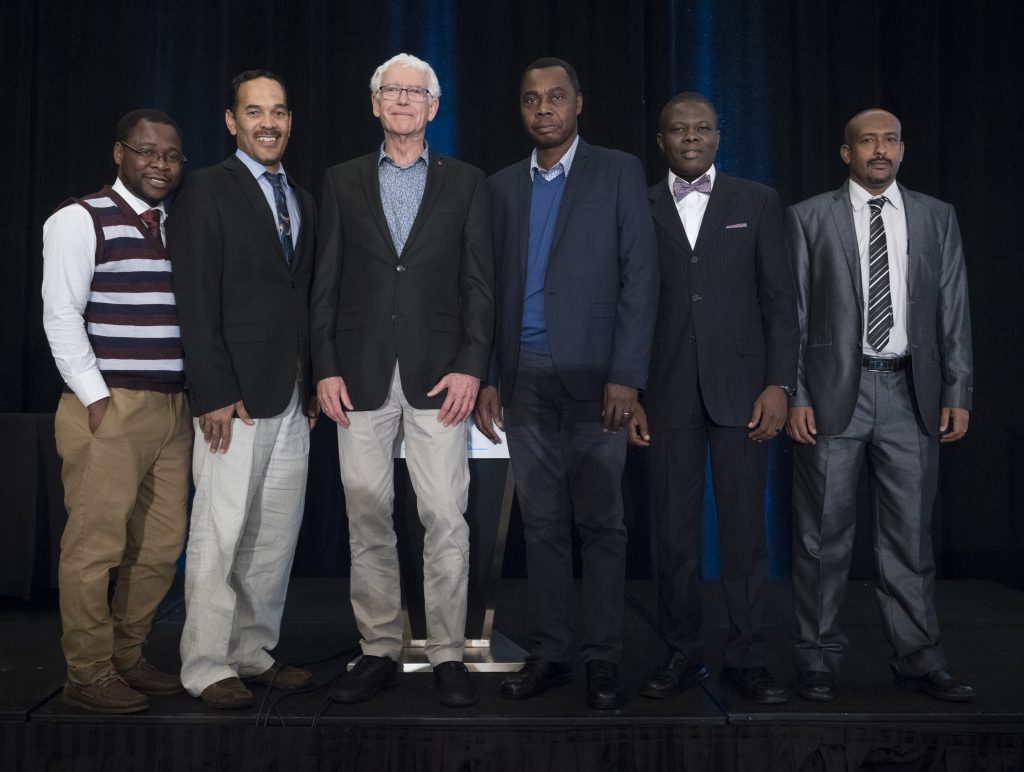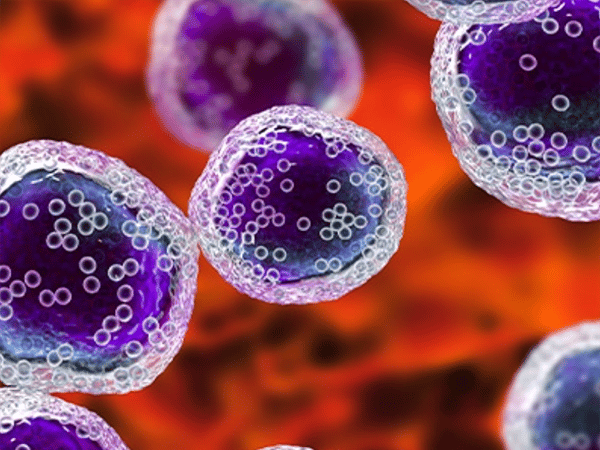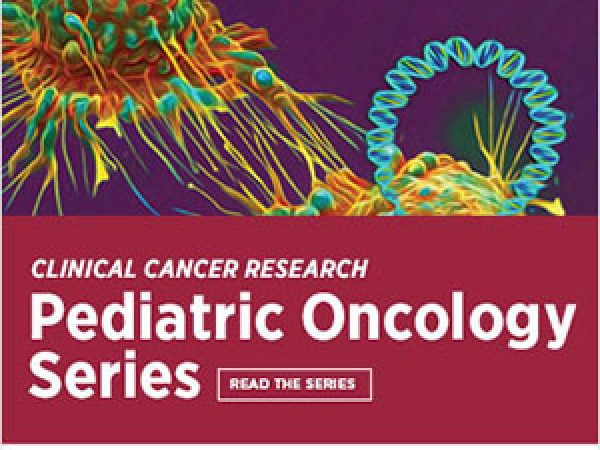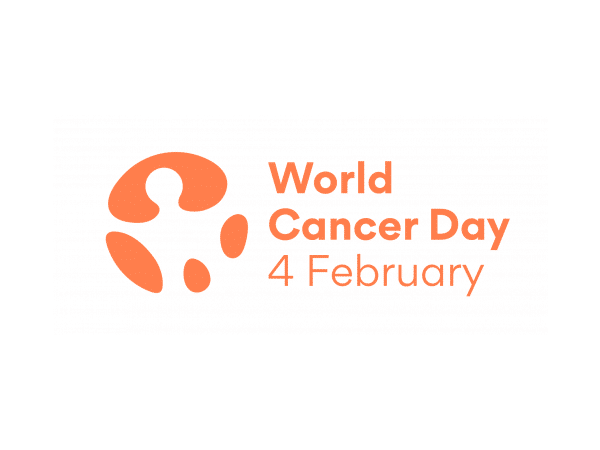AACR Travel Awards Bring African Researchers to Annual Meeting
This past April, the American Association for Cancer Research welcomed its 2018 class of African Cancer Researchers Travel Award (ACRTA) recipients to its Annual Meeting. Established in 2016, these travel awards provide financial assistance to meritorious early-career investigators engaged in cancer research in Africa, allowing them to attend and present their research at the AACR Annual Meeting.
This year’s awardees included: Davies Adeloye, MBBS, PhD (Nigeria); Loiy Ahmed Hassan, PhD (Sudan); Lester Davids, PhD (South Africa); Babatunde Duduyemi, MD, (Ghana); and Solomon Rotimi, PhD (Nigeria). The awardees hail from four different African countries and share a common passion for cancer research. They attribute their success to hard work and perseverance, supportive families, and the positive influence of mentors. This was the first AACR Annual Meeting for these rising stars, and we hope there will be many more in the years to come.

From left: Davies Adeloye, MBBS, PhD; Lester Davids, PhD; Peter A. Jones, PhD, DSc, FAACR; Babatunde Duduyemi, MD; Solomon Rotimi, PhD; and Loly Ahmed Hassan, PhD, during the Scholar-in-Training Awards Reception at the American Association for Cancer Research Annual Meeting in Chicago in April.
Taking aim at disparities
Governments on the African continent remain predominantly focused on communicable diseases, with non-communicable diseases such as cancer taking a back seat. It was perhaps not surprising, then, that Rotimi’s initial research interest was malaria. The focus of his research changed after he attended a workshop in Nigeria organized by Professor Folakemi Odedina, the Principal Investigator for the Prostate Cancer Transatlantic Consortium (CaPTC), an initiative of the National Cancer Institute’s (NCI) Epidemiology and Genomics Research Program.
The CaPTC is focused on understanding the burden of prostate cancer disparities in black men of West African ancestry, and developing community-centered interventions to eliminate health disparities in minority populations. Rotimi became intrigued by the biology of prostate cancer in black men and turned his efforts towards this topic. Later this year, he will be returning to the U.S. on the Fulbright African Research Scholar Program Scholarship to continue his research in the laboratory of John D. Carpten, PhD, at the University of Southern California. There, he will perform whole-genome and transcriptome analysis of prostate cancer in Nigerian men.
An international education
Fellow Nigerian, Adeloye, has pursued research in population health sciences. Adeloye met Rotimi last year when both attended the NCI Summer Curriculum in Cancer Prevention on an NCI fellowship. Adeloye completed his medical training in Nigeria in 2006, and worked as a medical officer for several years before being awarded the Charles Darwin International Scholarship in 2011 to pursue his doctorate in Population Health Sciences at the University of Edinburgh, Scotland.
Adeloye published the first systematic review on the incidence of prostate cancer in Africa and most recently, published a comprehensive review on the incidence of breast cancer in Africa. He is currently pursuing further training in descriptive statistics to continue to characterize the burden of non-communicable diseases like cancer in Africa. Adeloye was a 2017 recipient of the African Cancer Leadership Institute (ACLI) Fellowship awarded by the African Organisation for Research and Training in Cancer (AORTIC). He is also an honorary research fellow at the Centre for Global Health Research, University of Edinburgh, working with the Global Health Epidemiology Reference Group of the University. In his current position in Nigeria, Adeloye has been researching cancers of the reproductive system.
Influenced by apartheid
Davids also was a past recipient of an ACLI Fellowship and a Fulbright Scholarship. He grew up in the Cape Flats neighborhood of Cape Town, and was the only one of three siblings to obtain a university education and later a doctorate degree. He is very grateful for his parents’ support, but also attributed his success to two incredible mentors, one of whom he is still in contact with today, Christopher “Kit” Vaughan, DSc, of the Division of Biomedical Engineering, Department of Human Biology, University of Cape Town. Without their influence, he feels his career would have turned out very differently. His mentors encouraged him to think outside the box and to pursue international opportunities.
Having grown up during the apartheid era in South Africa, Davids was immediately drawn to skin biology in graduate school, only to discover that the color of one’s skin does not define the person and their skin biology. After receiving his master’s degree in cell biology and anthropology, he worked as a laboratory assistant in a cardiovascular research laboratory for several years before returning to graduate school to pursue a PhD to study non-melanoma skin cancers prevalent in South Africa. Appreciative for the mentorship he received, he is determined to encourage his trainees to be independent and strike out on their own. As of July 2018, Davids will be the Deputy/Assistant Dean of Research and Postgraduate Studies in the Faculty of Health Sciences (Medicine) at the University of Pretoria.
A missionary and a researcher
Duduyemi is a pathologist with an interest in molecular diagnosis whose perseverance and resourcefulness have contributed to his career success. In addition to a career as a cancer researcher, Duduyemi is also a missionary, and moved to Ghana from his native Nigeria to further his missionary work. He faces significant funding challenges—as a Nigerian working in Ghana, he cannot access local funding; conversely, he cannot access Nigerian funding from his university in Ghana. Like his fellow travel awardees, he saves part of his own salary to purchase research supplies and to travel to conferences. Indeed, he and some colleagues regularly pool their personal funds to purchase antibodies to use in their research. Duduyemi leads the group on cervical cancer screening, as well as gastrointestinal and liver cancer study at his hospital in Ghana. He is also a member of the African Consortium on Liver Cancer.
Tapping into native plants
On September 24, 2017, Sudan was removed from the list of countries included in the U.S. travel ban. This decision, in effect, allowed Ahmed Hassan to participate at the AACR’s Annual Meeting. Ahmed Hassan’s interests include developing affordable anti-cancer treatments by isolating bioactive compounds from native Sudanese plants that have antiangiogenic and anti-cell proliferation properties. He collected native Sudanese plants from all over the country and brought them with him to Malaysia to screen for active compounds. He received his undergraduate and master’s degrees in Sudan and his PhD in pharmacology in 2016 from the University of Science Malaysia, where he received a TWAS-USM fellowship (Third World Academy of Sciences). Like Rotimi, Ahmed Hassan’s research interest was initially in infectious disease. He is presently on leave from his university in Sudan and back in Malaysia to study different formulations of these active compounds with his collaborators, where his research is supported by Ministry of Higher Education and Scientific Research (Sudan) and the Malaysian Institute of Pharmaceuticals and Nutraceuticals (IPharm).
It was an enormously rewarding experience for the AACR to host this year’s awardees. We came away impressed by their enthusiasm, dedication, and motivation in the face of adversity—substantial funding challenges, lack of infrastructure, and outdated research equipment. As one of our awardees so aptly explained, the attitude of “never giving up” is innate to Nigerians and, indeed, to all those who grew up in a difficult socioeconomic and political environment and a turbulent period. The AACR applauds their tenacity and will continue to support these talented international investigators engaged in lifesaving cancer research.



